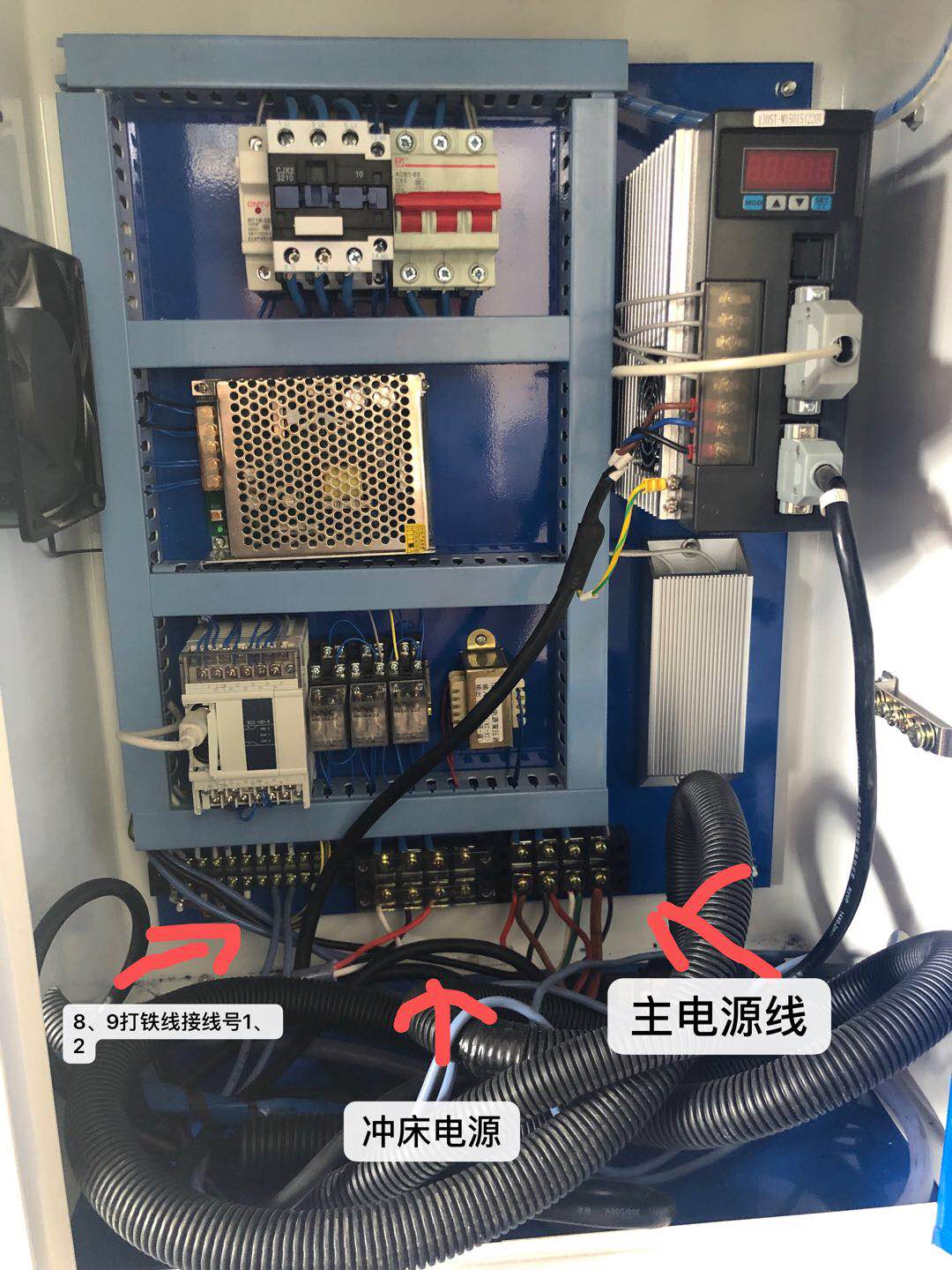
Exploring the China ERW Tube Mill Industry
The Electric Resistance Welded (ERW) tube mill industry in China has seen significant growth over the past few decades. This growth is driven by the country's booming construction, automotive, and energy sectors. As one of the largest producers of steel pipes in the world, China's ERW tube mills play a crucial role in supplying high-quality steel tubes that meet a wide range of industrial and commercial applications.
Understanding ERW Tube Mills
ERW tube mills are specialized manufacturing facilities that produce welded steel tubes using an electric resistance welding process. In this method, flat steel strips are rolled into a tubular shape and welded at the seam using electrical resistance heat. This technique is favored for its efficiency and the quality of the resulting welded joints. ERW tubes are used in various applications, including structural, mechanical, and automotive contexts.
Advancements in Technology
Chinese ERW tube mills have adopted advanced technologies to enhance production efficiency and product quality. Modern mills employ automated systems for the entire manufacturing process, from steel strip preparation to welding and cutting. High-frequency welding techniques have also become standard, allowing for better control over the welding parameters, resulting in stronger and more reliable seams.
Moreover, the use of computer numerical control (CNC) systems in tube mills has enabled precise adjustments to be made throughout the manufacturing process, ensuring consistent quality and reducing waste. Additionally, advancements in inspection technologies, such as ultrasonic testing and X-ray scanning, allow for real-time quality control, enhancing the reliability of the products.
Market Demand and Applications
The demand for ERW tubes in China and globally is driven by several factors. The construction industry, particularly, requires ERW tubes for structural applications, such as scaffolding, building frameworks, and pipelines. In the automotive sector, these tubes are used in the production of vehicle chassis and other components.

Furthermore, the energy sector relies heavily on ERW tubes for oil and gas pipelines, irrigation systems, and other applications. As China continues to invest in infrastructure and renewable energy projects, the demand for high-quality, reliable ERW tubes is expected to grow.
Environmental and Sustainability Initiatives
As industries worldwide shift towards sustainable practices, Chinese ERW tube mills are also embracing environmental responsibility. Many manufacturers are investing in energy-efficient machinery and implementing waste-reduction practices. Moreover, there is a push towards using recycled materials in the production process, contributing to a more circular economy.
Challenges in the Industry
Despite the robust growth and advancements in technology, the Chinese ERW tube mill industry faces challenges. International trade tensions and restrictions can affect exports, and competition from other countries may also impact market share. Moreover, fluctuating raw material prices can pose a risk to profit margins.
Additionally, there is growing scrutiny regarding environmental regulations, which may require plants to adopt stricter measures to limit emissions and waste. Balancing production efficiency with sustainable practices will be crucial as the industry progresses.
Conclusion
The China ERW tube mill industry is a vital component of the country's industrial landscape. With continuous advancements in technology and a growing emphasis on sustainability, these mills are well-positioned to meet the rising demand for steel tubes across various sectors. However, addressing challenges such as market competition and regulatory pressures will be essential for maintaining growth and ensuring the long-term viability of the industry. As global demand for high-quality ERW tubes continues to rise, China's manufacturing capabilities will undoubtedly play a pivotal role in shaping the future of this market.